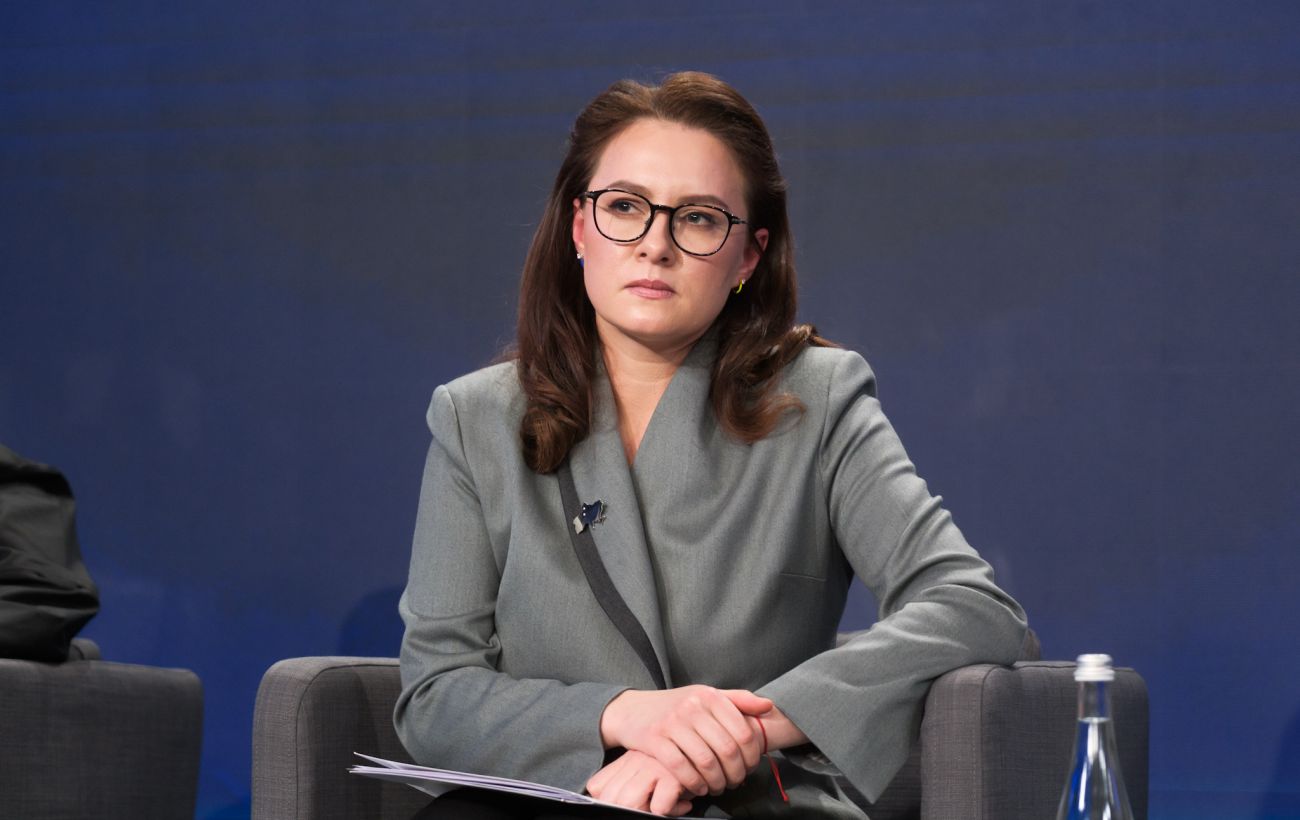Moratorium on inspections: what will change for entrepreneurs – explanation by Sviridenko
22 July 00:16
The National Security and Defense Council (NSDC) has imposed a moratorium on business inspections by government agencies. Prime Minister Yulia Svyrydenko explained in more detail what the moratorium on business inspections by law enforcement, customs, tax and other regulatory authorities will mean in practice, "Komersant Ukrainian" reports
In his evening address, President of Ukraine Volodymyr Zelenskyy said that the state is introducing a complete ban on interference in business activities by law enforcement agencies, tax, customs and other government agencies, except for high-risk industries.
“We are introducing a moratorium – a ban – on business inspections and any interference by law enforcement, regulatory authorities, and various government agencies in business activities. Of course, except for very risky “shadow” industries, such as the sphere of excisable goods – alcohol and tobacco. We want to prevent new “gray” schemes there,” Zelenskyy said.
The President also announced legislative changes that should radically change the interaction between the state and business:
“There is also a clear list of legislative changes, specific measures at the government level to really change the conditions for business in our country and to put under real control the activities of each element of state structures during the moratorium.”
The President noted that Prosecutor General of Ukraine Ruslan Kravchenko had proposed an absolutely transparent and absolutely clear system of how to ensure real purity in the work of law enforcement in economic matters and how to remove opportunities for corruption.
“I hope that the relevant amendments to the Criminal Procedure Code and other laws will be adopted as soon as possible. Prime Minister of Ukraine Yulia Svyrydenko and our government officials must also guarantee the implementation of programs to support Ukrainian production, Ukrainian jobs, investments in our country – all this allows us to provide for the army and the stability of our country,” the President emphasized.
Zelenskyy emphasized that Ukrainian business is the basis of the state’s stability, providing jobs, taxes and support for the army:
“Business needs predictability – and it will be. I am grateful to everyone who supports us.”
Prime Minister Yulia Svyrydenko explains the moratorium
The Prime Minister confirmed that it is a one-year moratorium on business inspections, with clear exceptions for high-risk industries.
According to her, the main principles of the new policy are:
- spot control – only where risks are really identified;
- full digitalization of the supervision system to prevent manual intervention;
- review of old cases – the prosecutor’s office and law enforcement agencies have already closed 30% of proceedings against businesses.
“The Prosecutor’s Office and law enforcement agencies are already auditing open cases against entrepreneurs. According to its results, 30% of these proceedings have already been closed. Our task is to remove artificial obstacles that block business and prevent new unfounded proceedings,” Svyrydenko said.
The Government will also submit to the Verkhovna Rada draft laws on business protection and reform of regulatory authorities. The Prime Minister explained that these will be amendments to the Criminal Procedure Code of Ukraine and other legislative and bylaw acts.
“Only the Prosecutor General or heads of regional prosecutor’s offices will be able to approve new cases. Seizures of property and documents will be canceled if they harm the company’s operations. “Stalled” cases without evidence will be closed. These changes will give our entrepreneurs the opportunity to work freely and support the economy during the war,” Svyrydenko added.
The day before, the Prime Minister announced a one-year moratorium on business inspections, as well as restrictions on tax and customs inspections.
In addition, an audit of criminal cases against businesses has already begun. The priority is to close unfounded proceedings that block business activities.
“New cases will be authorized only by the Prosecutor General or regional and district heads,” the statement said.
At the same time, tax and customs inspections will be limited. In addition, control over the legality of investigative actions will be strengthened.









